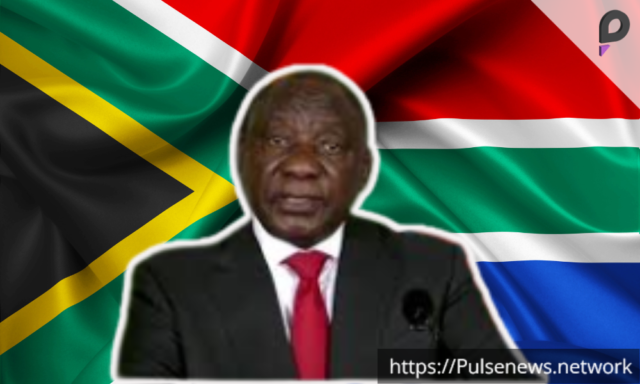Cape Town: South African President Cyril Ramaphosa has denied U.S. President Donald Trump’s claims of land confiscation from White farmers. Ramaphosa responded after Trump threatened to cut off aid, saying South Africa remains committed to justice, equality, and the rule of law.
Ramaphosa Responds to Trump’s Threat
On Monday, Ramaphosa took to X (formerly Twitter) to refute Trump’s claims. He emphasized that South Africa’s government has not confiscated any land.
“South Africa is a constitutional democracy that is deeply rooted in the rule of law, justice, and equality. The South African government has not confiscated any land,” Ramaphosa stated.
He also expressed openness to discussions with the Trump administration on land reform and bilateral relations. While acknowledging the U.S. as a key trade and political partner, Ramaphosa clarified that South Africa does not rely heavily on U.S. financial assistance, apart from a major HIV/AIDS relief program.
Trump’s Renewed Criticism
Trump made his comments on Truth Social, saying he would halt all future U.S. funding to South Africa unless an investigation was launched into alleged land confiscation.
His concerns about land reform in South Africa are not new. In 2018, during his first term, Trump raised similar claims. His criticism stems from South Africa’s ongoing land redistribution efforts, which aim to address historical injustices caused by apartheid-era land policies.
Understanding South Africa’s Land Reform
For decades, racist policies forcibly removed Black and non-White South Africans from their land, reserving it for White ownership. To address these injustices, the post-apartheid government introduced constitutional provisions for land redistribution and restitution.
Despite these efforts, economic disparities remain. Black South Africans, who make up about 80% of the population, still own only a small fraction of the land.
New Land Reform Legislation
In January, Ramaphosa signed a bill into law that sets guidelines for land expropriation. The law allows for land expropriation without compensation in specific cases, but Ramaphosa insists it is not a confiscation tool.
“The law ensures public access to land in an equitable and just manner, as guided by the constitution,” Ramaphosa explained in his X post.
However, constitutional protections against expropriation without compensation remain. Legal experts believe South Africa’s ruling party could face court challenges if it tries to implement the policy.
U.S.-South Africa Relations Moving Forward
Trump’s threat to cut U.S. aid to South Africa is unlikely to have significant financial consequences. While the U.S. remains a key trade partner, South Africa does not depend on direct financial assistance from Washington.
As discussions on land reform continue, Ramaphosa has expressed his willingness to engage with the U.S. government to clarify South Africa’s policies and maintain strong diplomatic ties.











